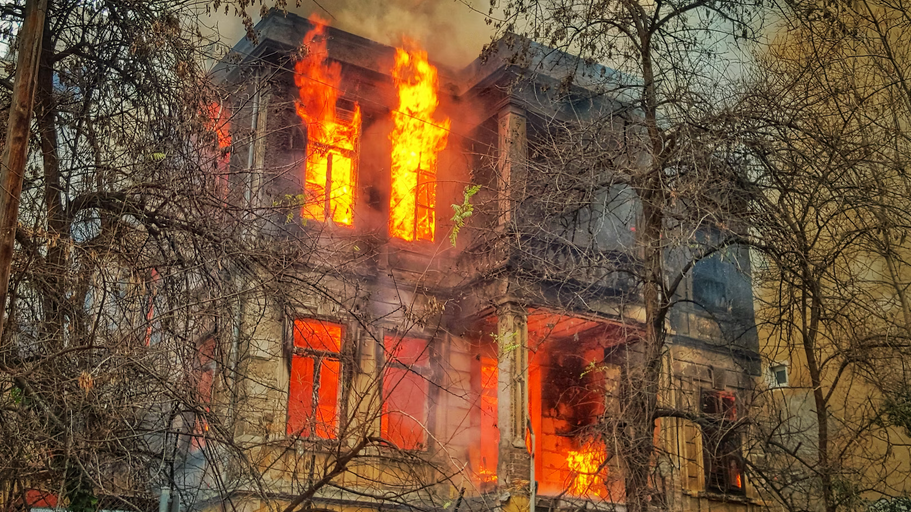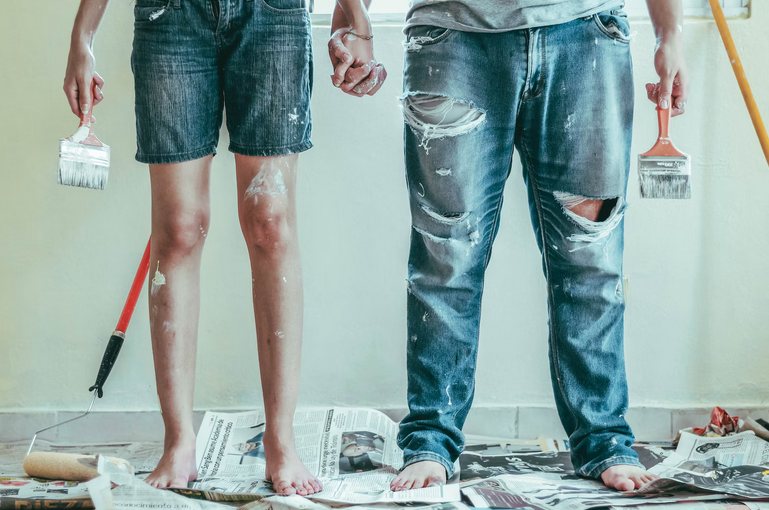Factors to Consider When Getting a House in India
Buying a house in India is a major milestone that involves careful planning and informed decision-making. Every detail plays a crucial role in ensuring your investment is worthwhile. While it’s essential to evaluate every practical element, some homebuyers draw inspiration from pop culture or stories. It’s like reading a shivaji surathkal review to appreciate the importance of observation and diligence. Ultimately, choosing the right house is about balancing your needs with research and long-term vision. Below are pointers to consider if you want to get a house in India.
Location and Connectivity
The location of your future home is one of the most important aspects. Consider how close it is to your workplace, children’s schools, healthcare facilities, and daily amenities. In cities like Mumbai, Bengaluru, and Delhi, traffic congestion can greatly affect commute times, making proximity to public transportation a valuable feature. Also, take note of the area’s future development plans, as these can influence property appreciation and quality of life over time.
Builder Reputation and Property Legality

The credibility of the builder or developer is another critical factor. A trustworthy developer with a proven track record is more likely to deliver the property on time and as promised. Check for RERA (Real Estate Regulatory Authority) registration to ensure the builder complies with all legal standards. Equally important is verifying the legal status of the property. Ensure the property has clear title deeds, land use permissions, and necessary municipal approvals to avoid legal complications later.
Budget and Financing Options
Establishing a clear budget helps you narrow down your options and avoid financial strain. Be sure to account for the property’s cost, registration charges, stamp duty, GST (if applicable), and interior furnishing expenses. If you’re planning to take a home loan, compare interest rates and loan terms offered by different banks. Pre-approved loans can also help make the buying process smoother.
Infrastructure and Amenities

While the size and design of the house matter, don’t overlook the surrounding infrastructure. Well-paved roads, water and electricity supply, internet connectivity, and proper drainage are essential for comfortable living. Also, consider whether the project includes desirable amenities like security, parking, lifts, power backup, parks, or a clubhouse. These features not only enhance your lifestyle but also increase the property’s resale value.
Resale Value and Investment Potential
Even if you plan to live in the house long-term, thinking ahead about resale value is wise. Properties in developing neighborhoods or those with upcoming infrastructure projects (such as metro lines or expressways) often offer strong appreciation potential. Research market trends and talk to local real estate agents to get a sense of the area’s prospects.
Buying a house in India involves more than just liking a floor plan or neighborhood. It’s about aligning the purchase with your long-term needs, financial goals, and lifestyle. From verifying legal clearances to evaluating the area’s development potential, each detail plays a part in securing a safe and rewarding investment. By taking the time to research and plan carefully, you’ll be better equipped to make a choice that brings both comfort and lasting value.…
Read More









 One of the main advantages of investing in a residential condo is the potential for a premium resale price. As with any real estate investment, location is key when selling at a higher price point. Luckily, condos are often situated in highly desirable areas that attract buyers and drive demand.
One of the main advantages of investing in a residential condo is the potential for a premium resale price. As with any real estate investment, location is key when selling at a higher price point. Luckily, condos are often situated in highly desirable areas that attract buyers and drive demand.